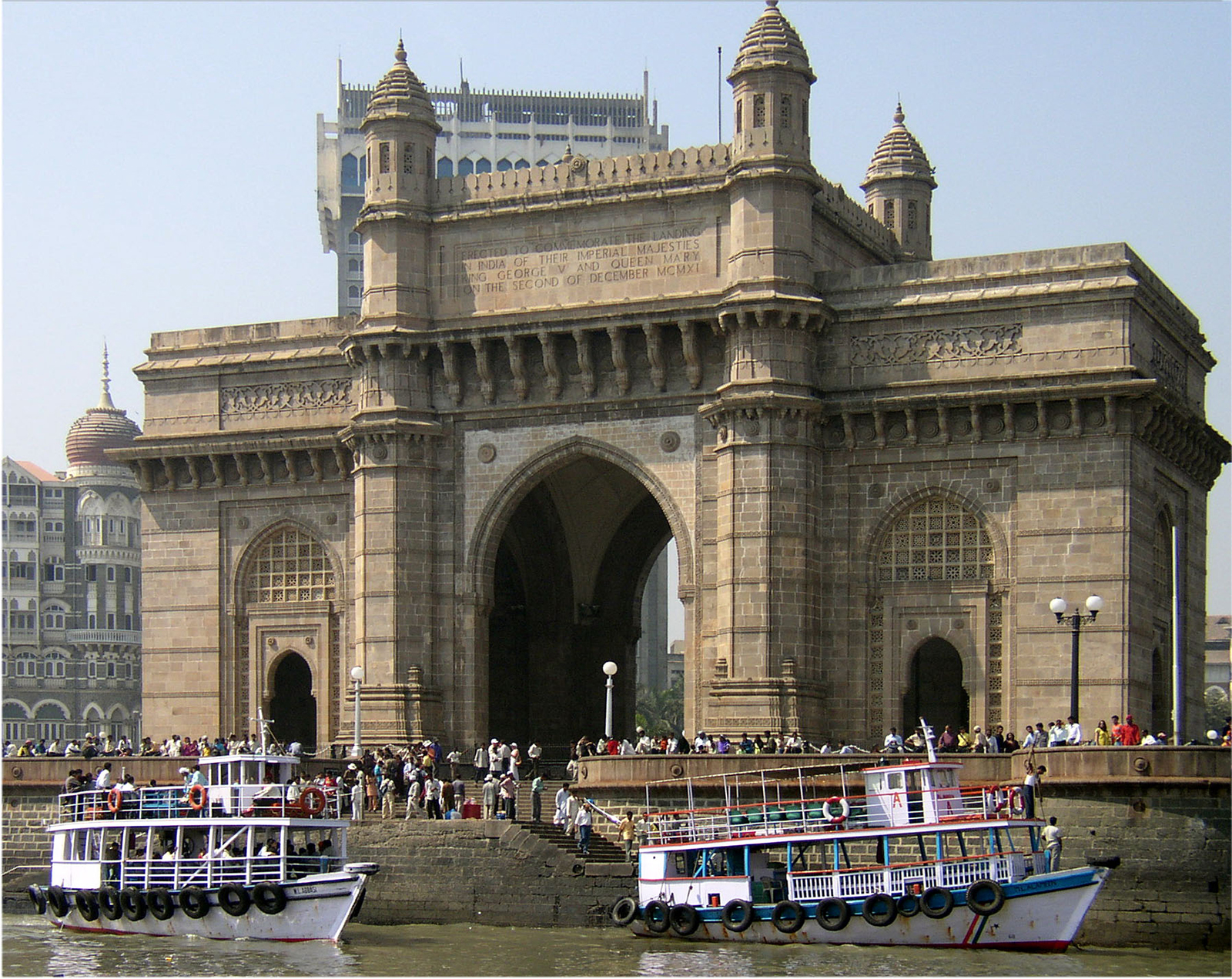Unlike India, Singapore and Japan are wooing global capital with massive incentives.
Hong Kong is on the cusp of major changes. Changes that the present generation will live to narrate in detail—from seeing massive dollar influx and huge prosperity to the Chinese Communist Party now passing draconian law and altering its democratic fabric and institutions and reneging its UN obligations. As Asia’s dollar centre, Hong Kong plays a pivotal role in global capital markets, after New York and London. Over the next few weeks, financial experts and money market specialists are expecting massive capital flight from the territory as new changes in law are making businesses jittery.
But where will these billions of dollars of funds head to? Which city has the financial muscle, world class infrastructure, capital conversion laws and independent financial institutions to replace Hong Kong? This author feels bulk of the capital will head towards Singapore, and the remaining will find attractive investment opportunities in Tokyo. Very little, if any, is headed towards Mumbai, India’s financial hub.
While it would have been sweet justice if Mumbai could replace Hong Kong as the third most crucial financial market globally, it is unlikely to be so. Governments of Singapore and Japan have acted swiftly and made several key announcements to attract multi-billion dollar hedge funds, private equity firms and family offices from around the world that operate in Hong Kong.
Consider this. While Japan is tempting business with free office space and visa waivers, Singapore has launched a legal structure called the Variable Capital Company (VCC) which competes with low tax destinations like Cayman Islands and Luxembourg. In fact, Singapore’s easier structure shares many tax efficient features that these tax havens have. To sweeten the deal, relocation costs up to $100,000 will be reimbursed by the government. This scheme will be valid till January 2023.
As per reports, several real estate and credit funds handling billions of dollars in assets under management have already registered VCCs. Likewise, a private equity fund with over $1.5 billion in assets and Asia focused hedge funds are setting up VCCs in Singapore. Already, over 70 VCCs have been set up.
In fact, foreign currency deposits in Singapore—long been the rival Asian financial centre—has jumped 44% year-on-year to a record $44.4bn in April, an acceleration of a trend that started in 2019 when pro-democracy protests engulfed Hong Kong.
With both Japan and Singapore aggressively campaigning for more capital, there may be a larger wave of capital that may exit Hong Kong in the coming weeks. This indicates nimble-footed policy response to a huge opportunity that exists for Asian countries. In contrast, Mumbai has little to offer. Besides the existing capital convertibility laws, infrastructure loopholes, Mumbai has not made any effort to woo top dollar.
The single biggest reason for Hong Kong’s massive financial muscle has been the fact that in the last 37 years, the Hong Kong Dollar has been pegged to the greenback, underwritten by foreign reserves of about $440bn. Firms dealing in Hong Kong’s currency assume that it is perfectly fungible with the greenback and have so far assumed (correctly so) that an American dollar in Hong Kong is perfectly fungible with one in New York. Simply put, the Hong Kong Dollar is fully convertible. This belief has ensured most activity in the financial center was dominated by American dollars.
India does not allow full capital convertibility and plays a small role in global currency trade. Of course, there are perils to full convertibility, in times of capital flight. 2020 was a perfect time to evaluate the possibility of big ticket capital market reforms.
Hong Kong’s importance for Mainland China can be gauged from the fact that 65% of FDI comes via this territory. For outbound FDI from China, the figure stands at 60%. Essentially, dubious Chinese companies with questionable balance sheets have been successful in raising funds via HK.
Mumbai as Asia’s financial hub would have greatly limited the ability of Chinese firms to raise funds, causing massive economic damage to Beijing. But for it to happen, a lot of ground work is needed. Till then, money is headed Singapore’s way.
Gaurie Dwivedi is a senior journalist covering economy, policy and politics.

